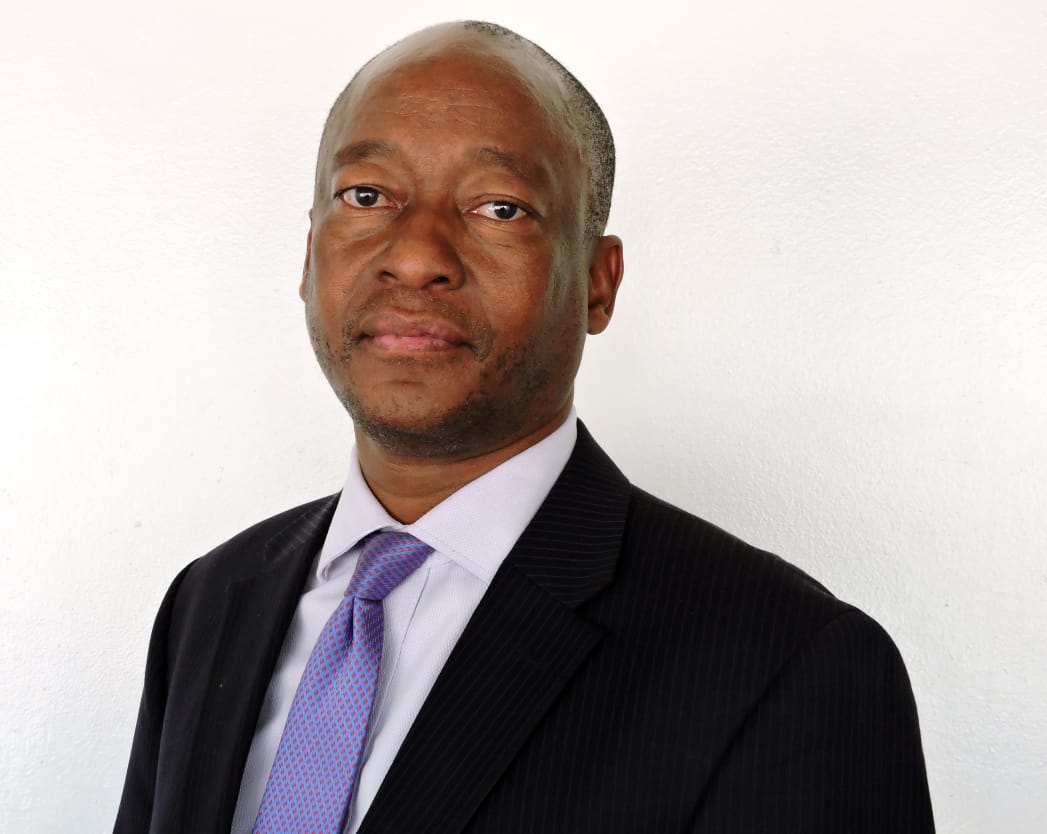Ever walked into a financial institution, talked to the consultant and walked out without understanding what was said?
Well, this is the narrative for many consumers of financial products in the country. A consumer of financial products is anyone who uses financial products such as bank accounts or insurance policies for example. Consumers of financial products are often left vulnerable many years later, because of signing a financial agreement that they did not fully understand. Worst is the increasing complexity of financial products, the number of products to choose from and the jargon used to describe the benefits of each product. Customers regularly visit financial services providers, sit down with consultants and minutes later leaving the building having signed a lot of paperwork (which they did not read thoroughly) and with a product in hand, whether suitable to their needs or not.
The biggest mistake consumers (myself included) make is NOT reading financial contracts or asking clarifying questions to confirm that we thoroughly understand the financial products that are recommended. It also does not help that the terms and conditions section of the financial agreement is three (3) pages long and in fine print, making it even harder to read the contract. This challenge is faced not only by consumers in Lesotho, but across other African countries such as South Africa. The question that consumers rarely ask is “what are my rights and responsibilities as a consumer of financial products in Lesotho?” The second question is “Where do I go when I have a complaint against a financial services provider?”
The Oxford dictionary defines a right as a moral or legal entitlement to have something and a responsibility as an obligation to behave correctly, do something, act independently and make responsible decisions. What would your rights and responsibilities be as a consumer of financial products?
Many consumers of financial products or services continue to be treated unfairly by financial services providers, because they do not know their rights and responsibilities. Some do not even know where to go when they have a complaint. As a result, regulators have launched initiatives to drive customer education with regards to their rights and responsibilities. South Africa for example is in the process of launching its “Treating Customers Fairly” policy; a policy that seeks to protect consumers by ensuring that financial service providers act honestly, fairly, with due skill, care and diligence. This policy also seeks to ensure that financial services providers also act in the best interest of the consumer. Financial services providers work with information that is not easily understandable and/or use jargon when describing the product’s features and benefits. As a result, consumers are not provided with all the information to make an informed financial decision, leaving feeling like they are treated unfairly.
It is therefore important for you as a consumer of financial products/services to know what your rights and responsibilities are. For this article however, I will only focus on two rights and responsibilities. So what are my rights and responsibilities you might ask?
Access to adequate and relevant financial information
As a consumer of financial products/services, you have a right to receive adequate information related to the financial product or service. This includes full disclosure of associated costs, adequate customer education on how to use the product/service, its benefits and a comprehensive explanation of terms and conditions of using the product. Make sure that you never sign an incomplete form or sign a document that you do not fully understand. Should you sign a financial agreement or take up a financial product that you do not fully understand, this decision is likely to be costly and detrimental to you and your family many years later. Make sure that the consultant acts in your best interest, provides you with adequate information to help you make an informed financial decision. By taking a little longer to explain and clarify, you can avoid making a decision that you will regret years later.
Your responsibility as consumer of financial products/services is asking lot of questions to make sure you fully understand the financial product. The biggest mistake is not asking questions to seek clarity. It is very important to make sure that the advice you are given or products recommended address your specific needs and are aligned to your financial goals. So do your research well in advance and do not impede your signature on anything you aren’t comfortable with. If you aren’t sure, consult a financial advisor or legal practitioner. Another important responsibility is to make sure that you provide for your bank charges, that you pay your instalments and insurance premiums on time. Make sure that you conduct your financial affairs in a responsible manner. Yes, you are also responsible as a consumer; so honour your responsibilities.
Where to lodge a complaint
So where is the starting point when you have a complaint against a financial services provider?
Well, each financial services provider should have a complaint and query resolution policy. The starting point would be to lodge a formal (written) complaint with the financial services provider in question. Establish what the procedure is and/or ask to speak to the custodian of the policy for guidelines. Once your complaint is lodged, the financial services provider will track the issue till its resolved. If you however, feel that your complaint was not adequately addressed, you can escalate the matter to the Consumer Protection Unit with the Central Bank of Lesotho (CBL).
Your responsibility as consumer of financial products is to make sure that you follow the right process when lodging a complaint. Of equal importance is submitting factual information/evidence when lodging a complaint. Also make sure that you’ve done your part e.g. paid your instalments, premiums on time and that you have thoroughly read the terms and conditions. The last thing you want is to be embarrassed because you have not acted responsibly. This spring, be sure to remember that “The price of greatness is responsibility” Winston Churchill. Take ownership of your personal finances and be great!









